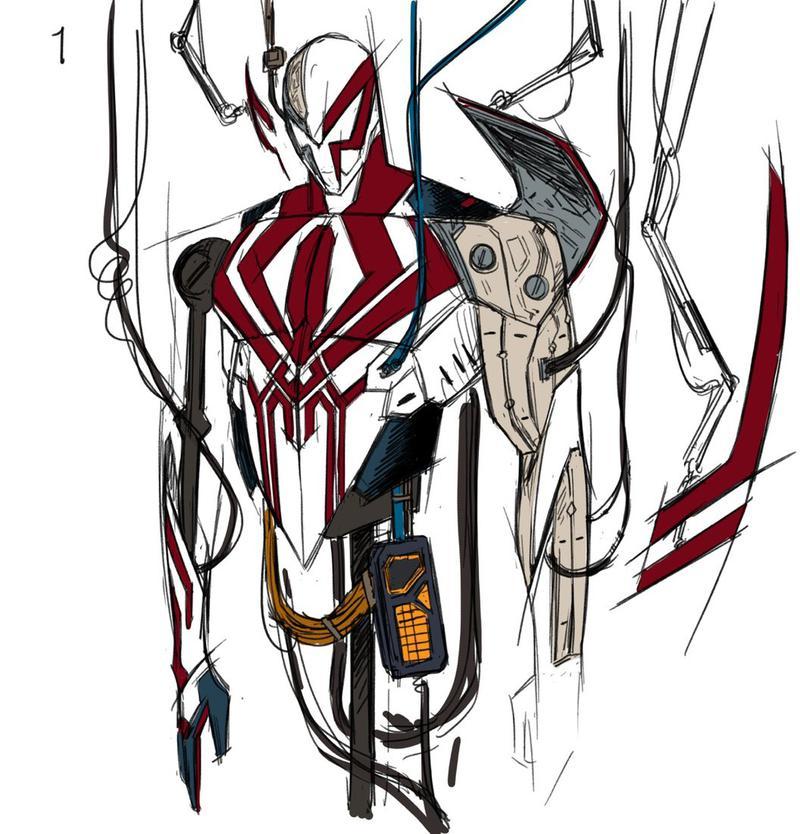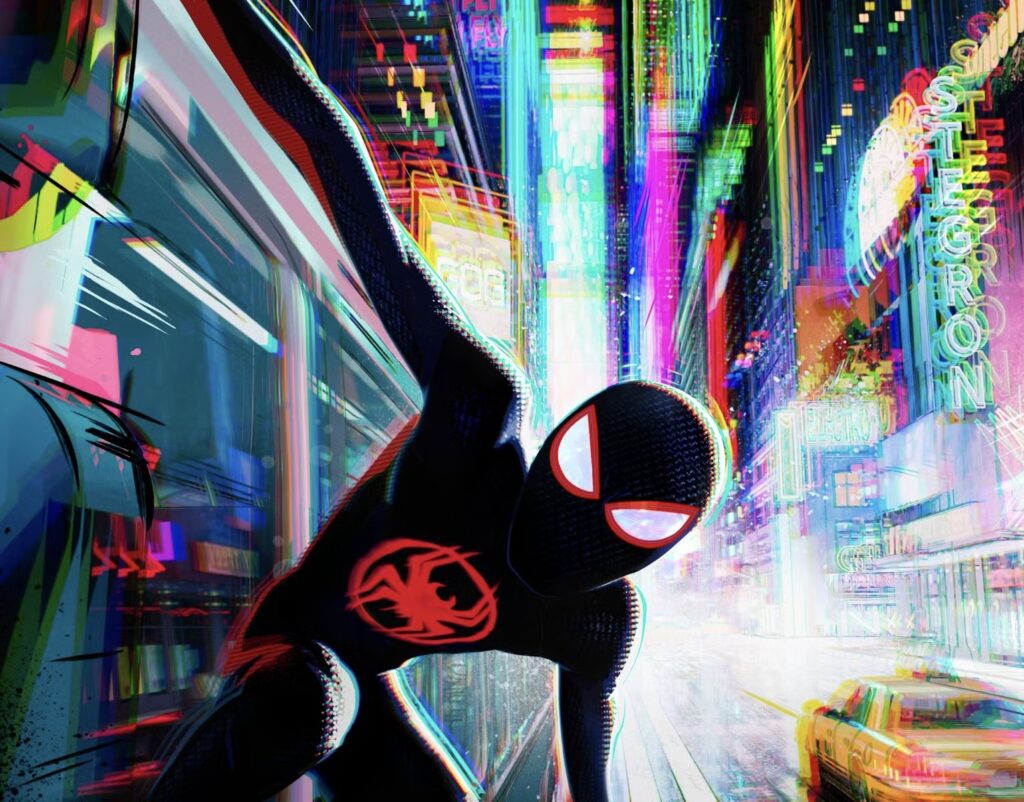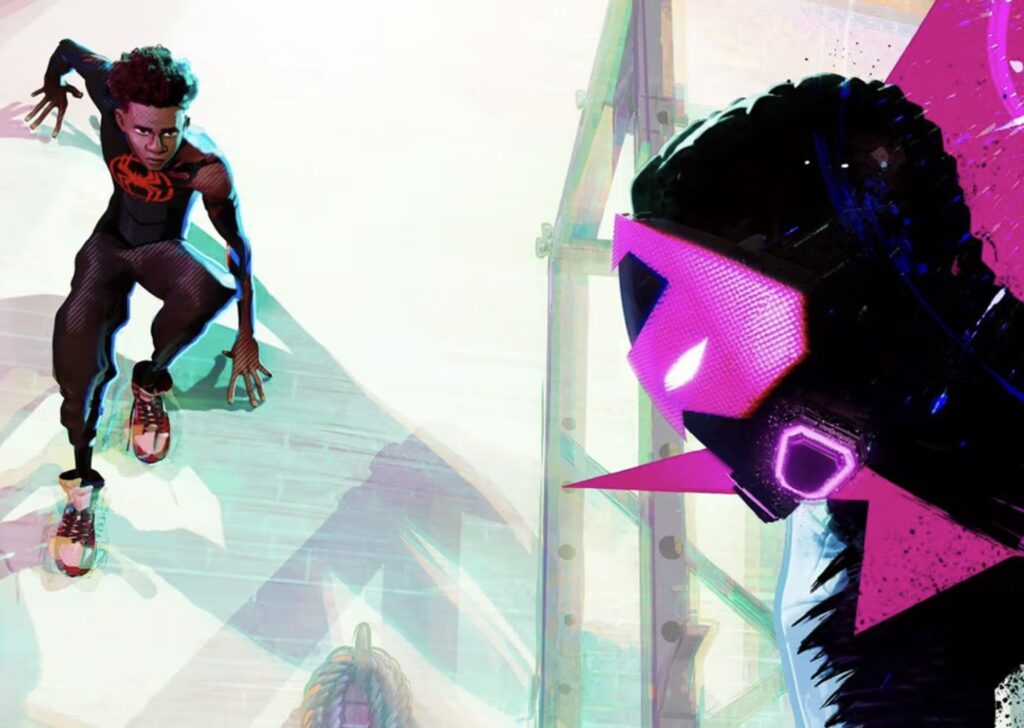In the landscape of modern animation, few franchises have captured the imagination of audiences as powerfully as the Spider-Verse films. With their pioneering blend of comic-book artistry, emotional depth, and multiversal storytelling, Into the Spider-Verse (2018) and Across the Spider-Verse (2023) have not only raised the bar for superhero cinema but also set new standards for animated filmmaking at large. Yet the promise of the trilogy’s conclusion — Spider-Man: Beyond the Spider-Verse — has been accompanied by uncertainty, shifting timelines, and growing anticipation. Now, Sony Pictures and the creative team have officially set a release date: June 18, 2027, marking what could be the most ambitious chapter in Miles Morales’s saga.
A History of Delays and Shifting Timelines
The story of Beyond the Spider-Verse is, ironically, one of timelines colliding. Initially, the film was scheduled for March 29, 2024, just under a year after Across the Spider-Verse. At the time, the idea was to deliver back-to-back chapters that flowed seamlessly, almost like a two-part epic.
That plan quickly unraveled. In 2023, the industry was rocked by the Writers Guild of America (WGA) and SAG-AFTRA strikes, which brought much of Hollywood to a standstill. Because animation still depends heavily on voice acting and script revisions, Beyond the Spider-Verse found itself unable to record key dialogue and refine story beats. Production slowed, deadlines evaporated, and Sony quietly pulled the film from its schedule.
When the dust settled, Sony tentatively re-planted its flag: June 4, 2027, a date announced at CinemaCon in March 2025. Fans sighed in relief, only to see that date pushed back three weeks later, to June 25, 2027. The reasoning was not entirely discouraging; Sony was reportedly repositioning the film to maximize its summer box office potential. Finally, in mid-2025, came a surprise: the film would arrive a week earlier than expected, landing on June 18, 2027. While a modest shift, this latest update finally feels like momentum in the right direction.
Why the Date Keeps Moving
The delays are not simply matters of calendar convenience; they reflect the unique challenges of producing a film of this magnitude.
Production Complexity
The Spider-Verse films are among the most visually complex animated features ever made. Each frame is layered with stylistic experimentation — a mix of hand-drawn textures, 3D modeling, halftones, graffiti-inspired splashes, and shifting frame rates. In Across the Spider-Verse, different universes were animated with distinct aesthetics, from Gwen Stacy’s watercolor-washed dimension to the punk zine chaos of Hobie Brown’s world. Scaling that ambition for the trilogy’s finale means a longer rendering pipeline and a higher tolerance for perfectionism.
Strike Fallout
The strikes of 2023 cannot be overstated. Animation often falls into a gray area of Hollywood labor negotiations, but the need for voice actors to record pivotal lines froze production. Without key performances in place, animators could not finalize lip sync, pacing, or even emotional beats. In essence, entire scenes were stuck in limbo until the strike ended.
Market Strategy
Release dates are also chess moves in the larger game of Hollywood box office. By selecting Father’s Day weekend, Sony positions Beyond the Spider-Verse as both a family event and a crossover cultural moment. It avoids competition with juggernauts slated for late June and early July, while still capitalizing on the lucrative summer corridor.
What the Date Means for Fans
For audiences, the confirmation of June 18, 2027, does more than lock in a date; it sets expectations. After years of uncertainty, fans now have a finish line in sight. It also means the creative team has nearly four years from now to polish, refine, and ensure the film lives up to its predecessors.
In a media environment where rushed blockbusters often fall flat, the patience surrounding Beyond the Spider-Verse feels like a commitment to quality. Just as Into the Spider-Verse shocked viewers with its fresh artistry and Across the Spider-Verse expanded the scope with jaw-dropping multiversal layers, the finale now carries the weight of tying together the threads with emotional closure.
Story Expectations
While Sony has kept story details tightly guarded, the narrative direction is clear. Across the Spider-Verse ended on a cliffhanger: Miles Morales trapped in an alternate universe where his counterpart, Miles G. Morales, is aligned with the Prowler. Simultaneously, Gwen Stacy assembles her own team of Spider-heroes to find and rescue him.
The finale will likely resolve several arcs:
-
Miles’s Identity Struggles: The trilogy has consistently centered on questions of belonging and individuality. Beyond dazzling battles, the true conflict lies in Miles defining what kind of Spider-Man he will be.
-
Gwen’s Redemption: Her arc, defined by guilt and isolation, is poised for resolution as she steps into a leadership role.
-
The Multiverse Stakes: Miguel O’Hara, Spider-Man 2099, has warned of “canon events” that hold universes together. How Miles’s defiance of these rules reshapes reality remains the trilogy’s central question.
With its bold cliffhanger, the franchise has promised not just a visual feast but an emotional crescendo.
The Creative Team Behind the Vision
The trilogy owes much of its success to its architects:
-
Phil Lord and Christopher Miller, the producers and writers, whose fingerprints are all over the film’s humor and subversive tone.
-
Directors Joaquim Dos Santos, Kemp Powers, and Justin K. Thompson, who guided Across the Spider-Verseand return to close the saga.
-
Voice talent including Shameik Moore (Miles Morales), Hailee Steinfeld (Gwen Stacy), Oscar Isaac (Miguel O’Hara), Daniel Kaluuya (Hobie Brown), and Issa Rae (Jessica Drew), who bring vibrancy and depth to characters that might otherwise feel like archetypes.
The ensemble ensures that the Spider-Verse is not just a spectacle but a resonant story about community, sacrifice, and the multitudes of identity.
Impression
Spider-Man: Beyond the Spider-Verse has traveled a winding path — postponed, reshuffled, and delayed in ways that tested fan patience. Yet, in the long view, this patience may be its greatest asset. Rather than rushing an unfinished product to theaters, Sony and the filmmakers are giving the project the time it needs to breathe.
The newly set June 18, 2027 release date is both a promise and a challenge: a promise that the wait will end, and a challenge to deliver a finale worthy of the revolutionary films that came before. If Into the Spider-Verse was about discovering identity and Across the Spider-Verse was about expanding scope, then Beyond the Spider-Verse is poised to be about resolution — a convergence of art, story, and pulse that leaves a lasting legacy.
For fans, the countdown begins anew. The wait is long, but for a trilogy that has already redefined what superhero and animated cinema can achieve, the anticipation is part of the story itself.
No comments yet.











